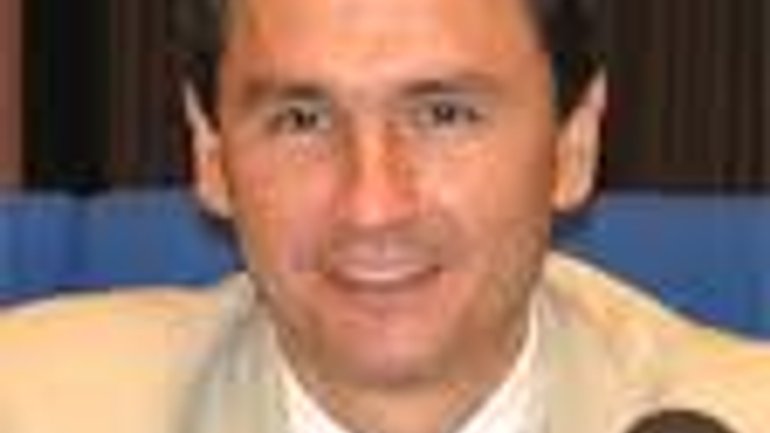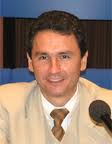Expert: Ukraine is One of the Most Successful States in the Post-Communist Space from the Standpoint of Religious Freedom

 Ukrainian expert Gennadiy Druzenko presented the Ukrainian situation as part of the international reports on Religion and the Secular State during the 18th International Congress of Comparative Law, held on July 25 through August 1, 2010, in Washington, D.C.
Ukrainian expert Gennadiy Druzenko presented the Ukrainian situation as part of the international reports on Religion and the Secular State during the 18th International Congress of Comparative Law, held on July 25 through August 1, 2010, in Washington, D.C.
“Ukraine is religiously diverse and tolerant of that diversity. The Ukrainian state declares itself (and predominantly is) secular. Various religious denominations are treated equally by law. In practice, however, Orthodoxy (and the Catholic Church of the Eastern Rite in Western Ukraine) enjoys some preferences and governmental support. Even though current legislation in the field of religious freedom and state-church relations is generally not of a discriminatory nature, it requires review and elaboration,” noted the expert.
He indicated several problems: the judicial system in Ukraine is young and highly corrupted, customs and shady political deals are often substituted for legal regulation and thus influence the church-state relationship more than written provisions.
“But still due to great religious diversity and the absence of a dominant institutionalized church, Ukraine remains one of the most successful states on the post-communist era from the standpoint of religious freedom,” summarizes Gennadiy Druzenko.
The congress, which is organized by the International Academy of Comparative Law, an 86-year-old organization of 333 members from more than 44 countries, is held once every four years in different parts of the world. The first congress was held in 1932 in The Hague; this is the first year the Congress was held in the United States, where it was co-sponsored by the American Society of Comparative Law and hosted by American University Washington College of Law, George Washington University Law School, and Georgetown University Law Center.
Full report read here









